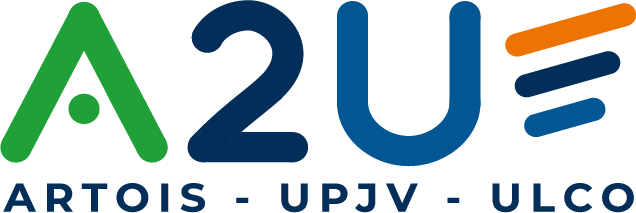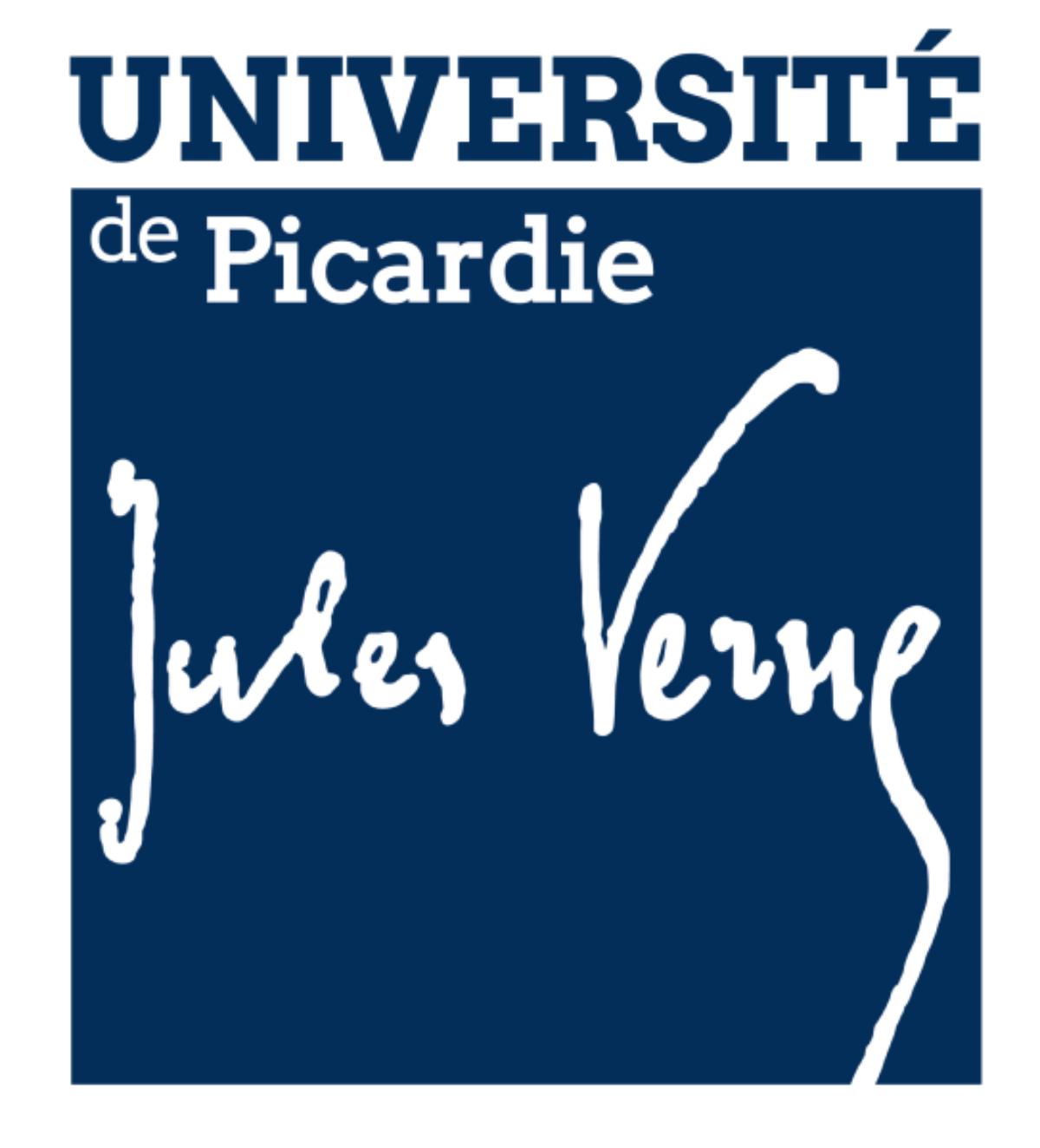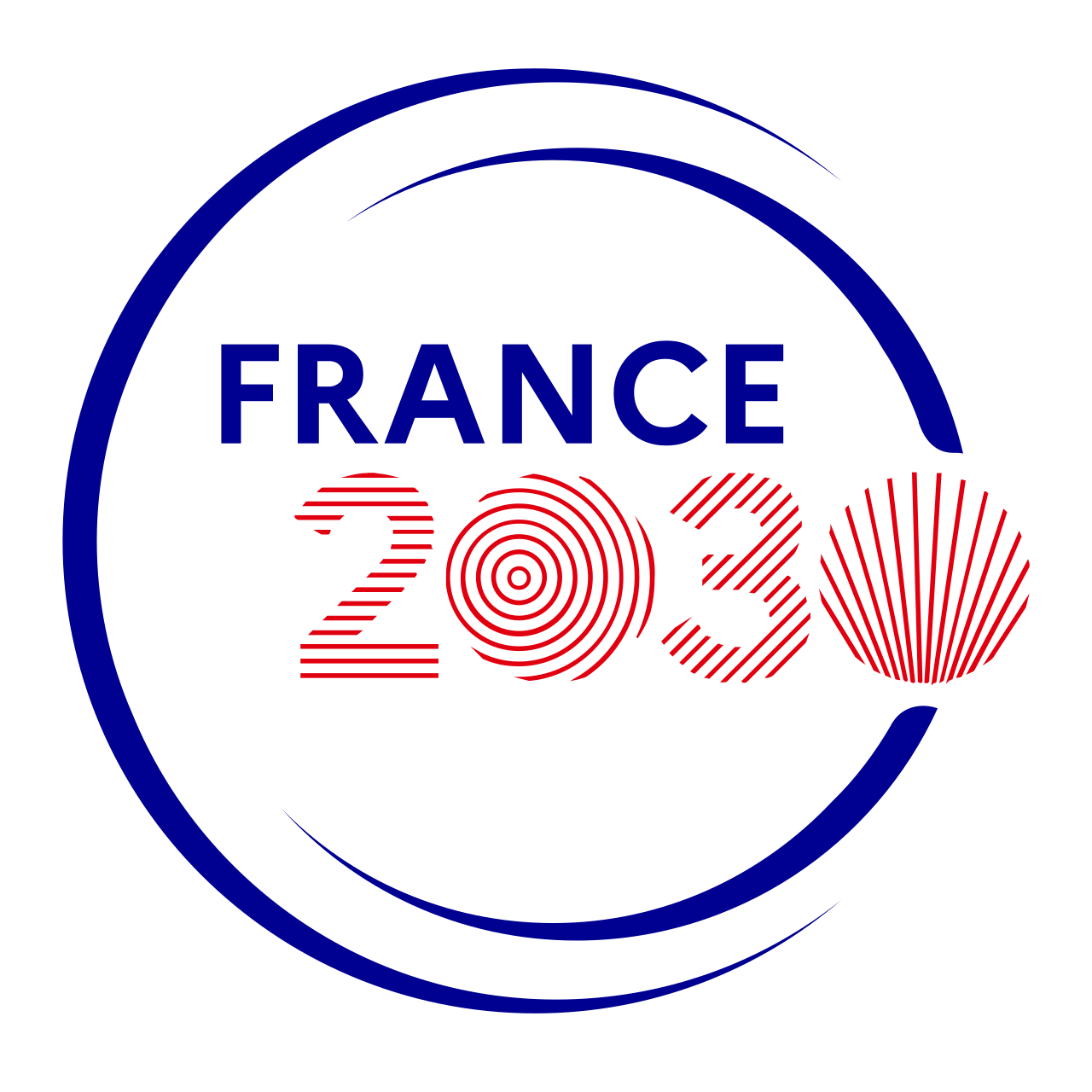
Initial Certificate
A2U Inter-University Diploma : "Basics of artificial intelligence"
As part of the MAIA project, we offer training in Artificial Intelligence supported by your license. This training provides:
A better understanding of a key technology for the future A (free) supplement to your university diploma A university degree at stake A significant addition to your CV An asset for entering a Master's degree (monmaster.gouv.fr) Objective and Targeted Skills: The Inter-University Diploma "Basics of Artificial Intelligence" aims to provide participants with a foundational understanding of Artificial Intelligence, its main applications, and essential skills for working with this technology. Upon completion, participants will be able to:
Understand elements of Boolean logic Differentiate between symbolic AI and digital AI Differentiate between regression and classification Differentiate between supervised and unsupervised learning Collect and clean data (outliers, missing data, biased data) Visualize data Train a supervised learning model to optimize a prediction function from annotated examples Improve predictive capabilities by adjusting models or playing with model hyper-parameters Address ethical questions related to AI solutions Outlets: The primary goal of this diploma is to provide transversal skills to undergraduate students, allowing them to showcase additional skills that can be valuable in their academic and professional careers.
Educational Content: The Inter-University Diploma "Basics of Artificial Intelligence" is an 82-hour training course over two years (L2/L3). It comprises the following Teaching Units:
UE1: Understand the major concepts of AI (22 hours)
Mastering elements of logic Differentiating symbolic AI and digital AI Understanding different Machine Learning (ML) models (Supervised, unsupervised) (prediction, regression) This unit covers the historical evolution of AI, introducing major concepts and the two branches: Symbolic AI and digital AI.
UE2: Master the basic features of the Python language (22 hours)
Manipulating data structures Differentiating control structures Using functions This unit provides the basics necessary for handling the Python programming language, the most used language in the field of AI.
UE3: Exploit data sets (22 hours) Prerequisites: UE1 and UE2
Collecting and storing datasets Handling and cleaning them Visualizing them Developing a machine learning solution (prediction, regression) using a dedicated library This unit explores classification and regression algorithms, starting from data, preparing it for an AI algorithm to learn and perform classification or regression.
UE4: Understand the ethical and social issues linked to the use of AI (6 hours)
Distinguishing personal data from other types Detecting ethical risks in AI design Detecting bias and discrimination throughout the AI cycle, from design to use This unit introduces ethics and legal concepts related to artificial intelligence solutions.
Learning and Evaluation Situation (4 hours of support for 30 hours of personal work) This situation involves creating a classification (or regression) system based on data in conjunction with the students' main field of study.
Collection and pre-processing Development of an AI approach/solution Improvement of predictive capabilities Evaluation of the produced AI Teaching Modality: Calendar:
Start of training: January 22, 2023 End of training: December 30, 2023 Total hours: 82 hours Pace of Training: Maximum of 4 hours per week, spanning License 2 and License 3.
Semester 4: UE1 and UE 2 Semester 5: UE3, UE4, and LES Teaching units (22 hours each) are conducted in a hybrid mode, distributed as follows:
4 hours asynchronous 6 hours remote (synchronous) 12 hours face-to-face The last teaching unit includes 3 asynchronous hours and 3 remote hours.
The LES is carried out independently with 4 hours remotely to support the trainees.
Evaluation:
Each teaching unit is evaluated by full continuous assessment. The Inter-University Diploma is validated if the average of the teaching units making it up is equal to or greater than 10/20, and the mark for each teaching unit is greater than or equal to 8/20. A training and teaching satisfaction questionnaire will be completed by students at the end of the training to highlight areas for improvement in teaching, knowledge control, or student reception. Application Conditions: Students belonging to one of the three A2U universities will be enrolled in the DIU free of charge.
Required documents for application:
A transcript for Semester 1 and 2 A copy of your 2023-2024 student card A cover letter 25 places are available on each UFR. If the number of candidates exceeds the available places, a selection may be made.
Artois University On the website: ecandidat.univ-artois Start of registrations: End of registrations: University of Picardie Jules Verne On the website: u-picardie.fr/ecandidat Start of registrations: End of registrations: University of Littoral Côte d'Opale Applications will be sent to the directors of studies of their license. Start of registrations: End of registrations: Contact:
University of Artois Gilles Audemard: gilles.audemard@univ-artois.fr University of Picardie Jules Verne Emilie Poisson: emilie.poisson@univ-artois.fr University of Littoral Côte d'Opale Laure Brisoux-Devendeville: laure.devendeville@u-picardie.fr





